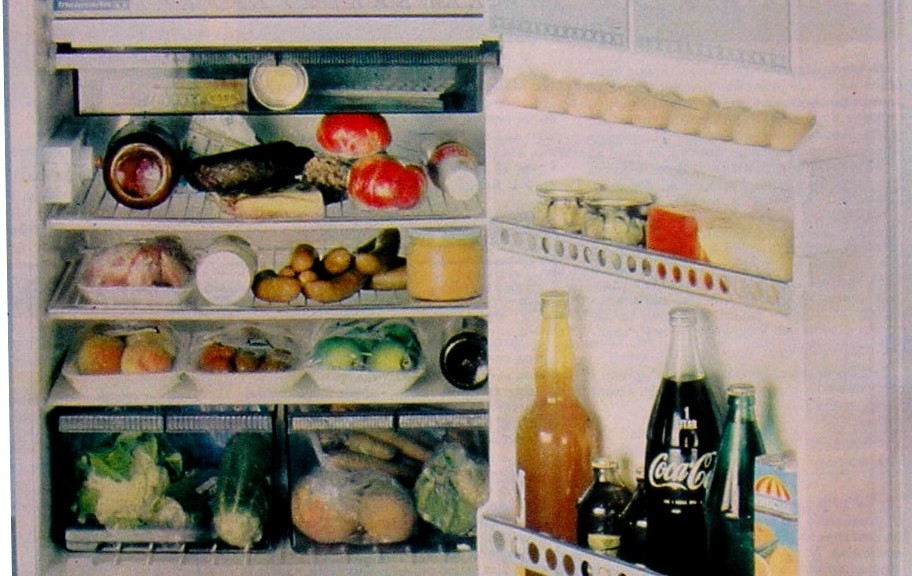Consumer Culture and Socialism: Croatia and the Yugoslav Case (Igor Duda)
Social history of Croatia 1945-1990 has to be perceived within the context of Yugoslav federation and the type of socialism which is connected to the terms of self-management, market and non-alignment. In this context Croatia stands out due to a level of development which was higher than Yugoslav average, strong industry and tourism, as well as intense cultural, social and economic connections to the West. Apart from industrialization and urbanization, yet another modernization process marked the social history of socialist period – the shaping of a consumer society. Fast economic development in the decades after the Second World War brought to a number of social changes, growth of the standard of living and flourishing of consumer culture which gained a massive scale in the sixties. Although the connection between the standard of living and the possibilities for consumption was pointed out already in the Program of the League of Communists of Yugoslavia in 1958, consumerism was a difficult issue for the socialist ideology which was accepting it only within certain limits, regularly linking it with the consumption based on work and placing it in the picture of general progress. Unlike the usual situation in the Soviet-Bloc countries, Yugoslavia was mostly not marked by the economy of shortages and the dictatorship over needs. Although it was unable to form a liberal democratic environment and the West-European standard of living, Yugoslav socialism created an industrial society, opened the state borders and within one generation enabled the modern living conditions for the population. This was visible in three selected fields which will be presented at the lecture: acquisition of household durables, motorisation and automobile culture, leisure and tourism.
